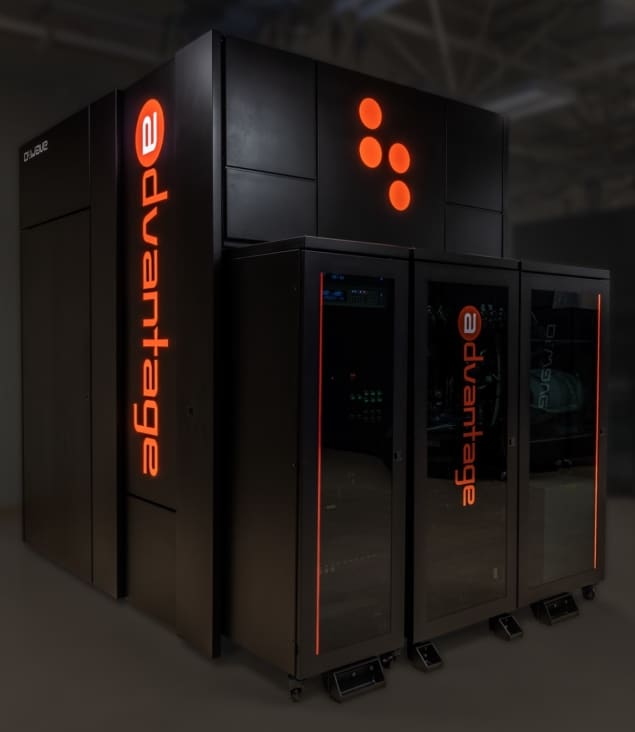
The Canadian quantum computer maker D-Wave Systems has unveiled its latest platform, which contains a whopping 5000 qubits. Called Advantage, the system can be accessed via the company’s Leap 2 cloud service, which was launched earlier this year. The system is designed for use by businesses and D-Wave already counts several companies as customers, including the carmaker Volkswagen.
Your can read more about D-Wave system in “D-Wave’s 5,000-qubit quantum computing platform handles 1 million variables”.
Staying in Canada, petroleum production from Alberta’s oil sands produces effluent that is stored in tailings ponds – which are notoriously toxic. Now, researchers have used glass bubbles coated in titanium dioxide nanocrystals to deal with naphthenic acids, which are a particularly nasty group of chemicals found in the ponds
The bubbles were developed at the University of Waterloo and their efficacy has been tested by a team led by Diane Orihel at Queens University in Kingston, Ontario. The team found that as the bubbles float on a pond, these use energy form the Sun to create radicals that destroy naphthenic acids. The coated bubbles are nontoxic and because they float, they can be gathered up and used again.
The research is described in the journal Facets and you can listen to Orihel explain the results to the CBC’s Bob McDonald on the science programme Quirks and Quarks.
